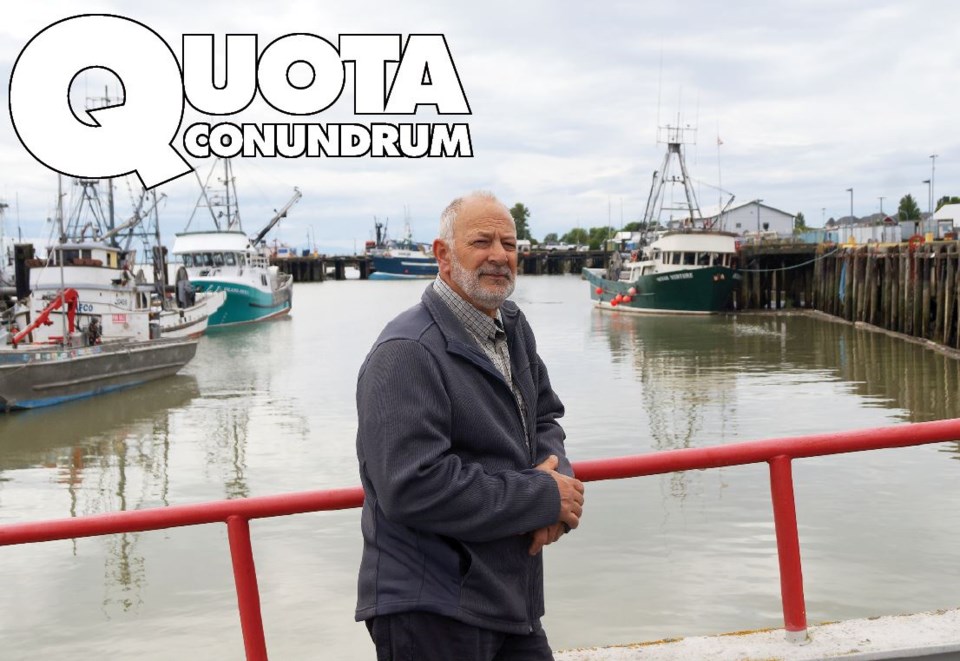Richmond-based Canfisco hopes to present to a new Standing Committee on Fisheries and Oceans examining West Coast fishery regulations come next February, at the latest.
Rob Morley, vice-president, production and corporate development at Canadian Fishing Company (Canfisco), told the Richmond News Monday that the present licensing and quota system so often criticized by the likes of independent fishers and environmental groups has merits.
There is growing concern — including Liberal MP Ken Hardie, who requested the committee — that licenses and quotas are becoming too expensive to lease and prohibitively expensive to purchase. As such, capital-rich companies and investors are taking fishing profits from community-based fishers.
In response to Hardie's stated concerns, Morley said quotas (as opposed to a free-for-all fishery) make for a better-managed fishery by spreading out catches and preventing gluts of fresh fish on the market.
Blaming licenses and quotas on declining revenues and a decline in young fishers is to ignore the fact landing values have seen little growth and overall catches are declining due to conservative catch rates allowed by Department of Fisheries and Oceans, Morley argued.
While critics, such as United Fishermen and Allied Workers’ Union and non-profit group Ecotrust, charge licences and quotas are being monopolized, Morley points out that Canfisco only owns about 30 per cent of the seine net herring licenses and 12 per cent of the gillnetters. It also owns just four per cent of wild salmon licenses. In terms its processing facilities, Canfisco takes in 37 per cent of all salmon.
“It’s a significant amount but nowhere near controlling,” said Morley.



